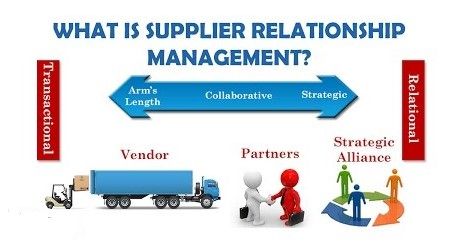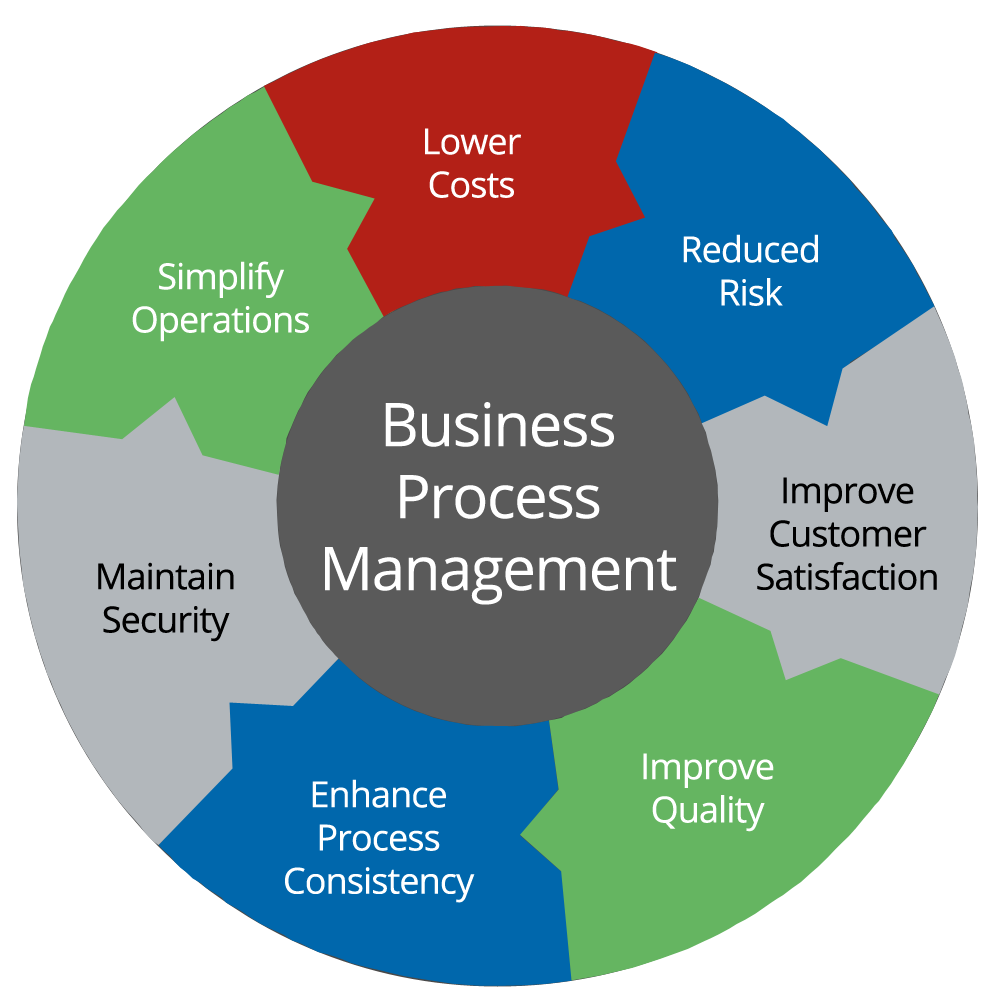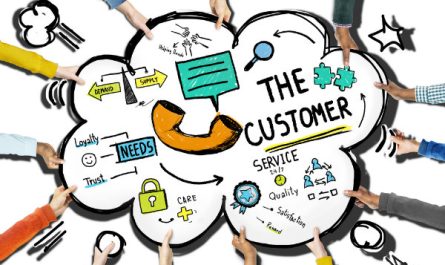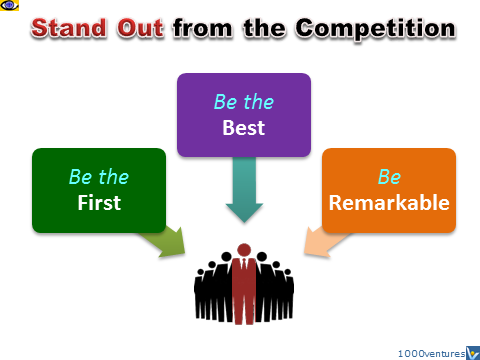In today’s fast-paced and highly competitive tech industry, supplier relationship management (SRM) has become more important than ever before. Building and nurturing strong partnerships with suppliers can give tech companies a significant edge by ensuring a steady supply of high-quality raw materials, components, and services. With effective supplier relationship management, organizations can forge long-term collaborative partnerships that drive innovation, enhance product quality, and streamline their supply chain processes.
The Importance of Supplier Relationship Management
Supplier relationship management involves the strategic management of relationships with key suppliers to maximize value, minimize risks, and foster continuous improvement. It goes beyond mere transactional relationships and views suppliers as integral partners in the company’s success.
By investing in supplier relationship management, tech companies can:
Ensure a Reliable Supply: By maintaining strong relationships with suppliers, companies can minimize supply chain disruptions, assure consistent quality, and optimize delivery schedules.
Promote Innovation: Collaborating closely with suppliers fosters knowledge sharing and encourages joint innovation, leading to the development of more advanced products and solutions.
Drive Cost Efficiencies: Effective SRM helps negotiate favorable pricing terms, manage inventory levels efficiently, and find cost-saving opportunities throughout the supply chain.
Manage Risks: Building strong relationships with suppliers allows companies to understand and address potential risks proactively, such as sudden changes in demand, geopolitical issues, or disruptions in the supplier’s operations.
Key Strategies for Building Strong Partnerships
Building strong partnerships with suppliers requires a holistic approach that encompasses various strategies and practices. Here are some essential steps to consider:
1. Clear Communication:
Establishing effective communication channels between the company and its suppliers is fundamental. Regular dialogue helps align objectives, resolve issues promptly, and keep all parties informed about changes and developments.
2. Collaboration and Trust:
A successful partnership requires collaboration and trust. Engage suppliers in joint problem-solving exercises, share resources, and involve them early in product development processes. Building trust ensures a win-win situation for both parties.
3. Performance Metrics and Feedback:
Define clear performance metrics and monitor supplier performance regularly. Provide constructive feedback and recognize outstanding achievements. This approach fosters a culture of continuous improvement and motivates suppliers to excel.
4. Supplier Development Programs:
Invest in supplier development programs to enhance their capabilities, processes, and quality standards. Offer training, share best practices, and provide resources that enable suppliers to deliver optimal results.
5. Joint Planning and Forecasting:
Collaborate with suppliers to create accurate demand forecasts and engage in joint planning activities. Coordinating production schedules and inventory management helps ensure smooth operations and minimizes unforeseen disruptions.
6. Regular Performance Reviews:
Conduct regular performance reviews with suppliers to assess their alignment with the company’s goals. Identify areas for improvement and work together to find innovative solutions that drive mutual growth.
Technology’s Role in Supplier Relationship Management
The effective use of technology can significantly enhance the management of supplier relationships. Tech companies can leverage various tools and systems to streamline SRM processes and improve efficiency. Some key technological enablers include:
Supplier Relationship Management Software: Purpose-built software platforms help track supplier performance, facilitate communication, and manage contractual obligations. These solutions enable centralized access to supplier data, streamline purchasing processes, and provide real-time visibility into supplier performance.
Collaborative Platforms: Online collaboration tools allow real-time information sharing, document management, and project tracking. These platforms enable seamless collaboration between the buyer and supplier, ensuring effective communication throughout the supply chain.
Data Analytics: Leveraging data analytics offers valuable insights into supplier performance, market trends, and risk analysis. Companies can use data-driven decision-making to identify areas for improvement, optimize supply chain operations, and drive innovation.
The Future of Supplier Relationship Management
As the tech industry continues to evolve, the future of supplier relationship management holds immense potential. Technology advancements such as artificial intelligence and machine learning will contribute to greater automation and predictive analysis in SRM. These innovations will enable companies to proactively address potential issues, further enhance collaboration, and foster a deeper understanding of supplier capabilities.
Realizing the full benefits of strong supplier partnerships requires a long-term commitment from tech companies. By investing in supplier relationship management initiatives, organizations can secure a competitive advantage, drive innovation, and build a robust supply chain that fuels growth and success.




